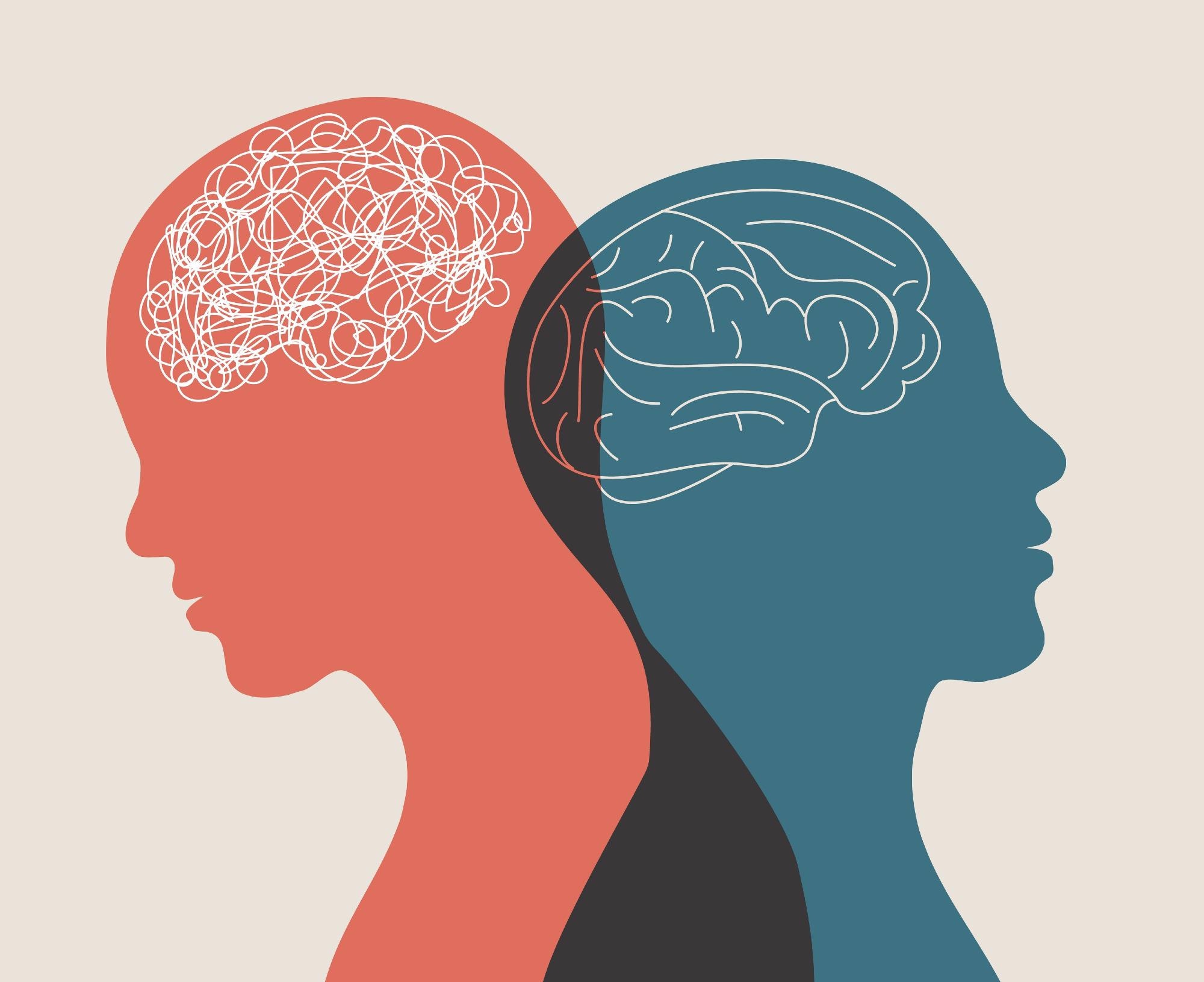Trusted Mental Health Services to Improve Your Life
Trusted Mental Health Services to Improve Your Life
Blog Article
Exploring the Connection In Between Nutrition and Mental Wellness Improvement
The ramifications of our nutritional options on psychological health have been progressively acknowledged by wellness professionals and researchers alike. As we browse the facility landscape of modern lifestyles, uncovering the nuanced relationship between nutrition and mental health and wellness renovation might hold the key to unlocking a deeper understanding of our emotional and cognitive durability.
Effect of Food on State Of Mind
The partnership in between nutritional selections and state of mind guideline is a vital aspect of understanding the impact of food on mental well-being. Study has actually revealed that particular foods can affect natural chemical task, impacting mood and emotions. Foods rich in omega-3 fatty acids, such as fatty fish, walnuts, and flaxseeds, have been linked to lower rates of depression and improved mood regulation.
Furthermore, complex carbs discovered in whole grains, fruits, and vegetables can help control blood sugar degrees, which in turn can have a positive impact on mood security. On the other hand, diets high in processed foods, sugar, and hydrogenated fats have actually been related to a raised risk of clinical depression and state of mind disorders.
Furthermore, the gut-brain connection plays a considerable function in mood guideline. The intestine microbiome, influenced by the foods we eat, can communicate with the brain via the gut-brain axis, affecting state of mind, anxiety degrees, and overall mental well-being. Therefore, making mindful and healthy nutritional options is necessary for keeping a healthy and balanced state of mind.

Essential Nutrients for Anxiousness

Furthermore, the amino acid tryptophan, found in foods like turkey, eggs, and nuts, is a precursor to serotonin production, a neurotransmitter understood for its duty in promoting sensations of calmness and health. Vitamin B facility, especially B6 and B12, are additionally essential for maintaining a healthy and balanced nerves and may assist reduce anxiousness signs and symptoms.
Including these important nutrients into a well-balanced diet can have a favorable impact on handling anxiety and boosting general psychological health.
Dietary Strategies for Anxiety

One dietary approach for managing anxiety is concentrating on foods abundant in omega-3 fats, such as fatty fish, flaxseeds, and walnuts. Omega-3 fats have been connected to decreasing inflammation in the mind and improving neurotransmitter function, which can favorably influence state of mind. Furthermore, enhancing the intake of fruits, veggies, entire grains, and lean proteins while minimizing the consumption of refined sugars and foods may aid in alleviating depressive symptoms.
In addition, maintaining appropriate degrees of vitamin D, either with sunlight exposure or supplements, is vital for sustaining mental health. Vitamin D deficiency has been linked with an enhanced threat of clinical depression, making it critical to make sure adequate consumption of this nutrient. By integrating these nutritional methods, individuals might efficiently enhance traditional therapies for clinical depression and boost their overall health.
Gut-Brain Axis and Mental Wellness
Concentrating on the elaborate connection between the intestinal system and mental health and wellness, the Gut-Brain Axis plays an essential duty in influencing cognitive functions and psychological wellness. The Gut-Brain Axis is a bidirectional communication network in between the main nerves and the enteric anxious system, connecting the cognitive and psychological centers of the mind with peripheral digestive features. This axis is controlled by an intricate interplay of neural, immune, endocrine, and metabolic paths.
Research recommends that the structure of gut microbiota, the varied community of bacteria staying in the stomach tract, can have an extensive effect on mental wellness. Discrepancies in digestive tract microbiota, understood as dysbiosis, have actually been associated with conditions such as clinical depression, anxiousness, and even neurodegenerative diseases. The gut microbiota plays an important function in the production of neurotransmitters like serotonin, which is crucial for controling state of mind and psychological responses.
Maintaining a healthy and balanced intestine microbiota via a well balanced diet plan rich in fiber, fermented foods, and probiotics is vital for sustaining mental health (Mental Health Services). Strategies focused on maximizing the Gut-Brain Axis provide promising avenues for boosting psychological wellness and cognitive feature
Nutrition's Function in Cognitive Feature
Offered the significant influence of the Gut-Brain Axis on psychological health and wellness, comprehending just how nourishment effects cognitive this website function becomes extremely important in advertising overall wellness. Nutrition plays a vital duty in cognitive feature by offering crucial nutrients that sustain brain health and ideal performance.
Key nutrients such as omega-3 fatty acids, vitamins, minerals, and anti-oxidants are recognized to improve cognitive capacities, including memory, emphasis, and analytical abilities. you could try here Omega-3 fats, discovered in fatty fish like salmon and nuts, have been linked to enhanced memory and cognitive feature. Anti-oxidants, bountiful in fruits and vegetables, help shield brain cells from damages brought on by totally free radicals, thus preserving cognitive feature.
Additionally, a balanced diet regimen abundant in whole grains, lean proteins, fruits, and vegetables can positively affect cognitive function by stabilizing blood glucose degrees and offering sustained power to the brain. On the other hand, diets high in refined foods, saturated fats, and sugars have actually been connected with cognitive decline and impaired brain feature. Making notified nutritional options is crucial for maintaining optimum cognitive feature and general psychological well-being.
Conclusion
In conclusion, the relationship in between nourishment and mental wellness is intricate and diverse. Recognizing the link between nutrition and mental health and wellness enhancement is vital for promoting total wellness and dealing with psychological health and wellness issues.
The effects of our dietary options on psychological wellness have been increasingly identified by health professionals and scientists alike. As we browse the complex landscape of contemporary lifestyles, discovering the nuanced connection between nourishment and mental health and wellness renovation may hold the secret to opening a deeper understanding of our cognitive and emotional resilience.
Building upon the essential nutrients that support psychological wellness, specifically in handling anxiety conditions, the emphasis currently moves in the direction of checking out nutritional approaches for attending to clinical depression.Concentrating on the complex Click This Link link in between the gastrointestinal system and mental health and wellness, the Gut-Brain Axis plays a critical function in influencing cognitive functions and emotional well-being (Mental Health Services). Comprehending the link in between nutrition and mental wellness improvement is important for advertising total wellness and resolving psychological health issues
Report this page